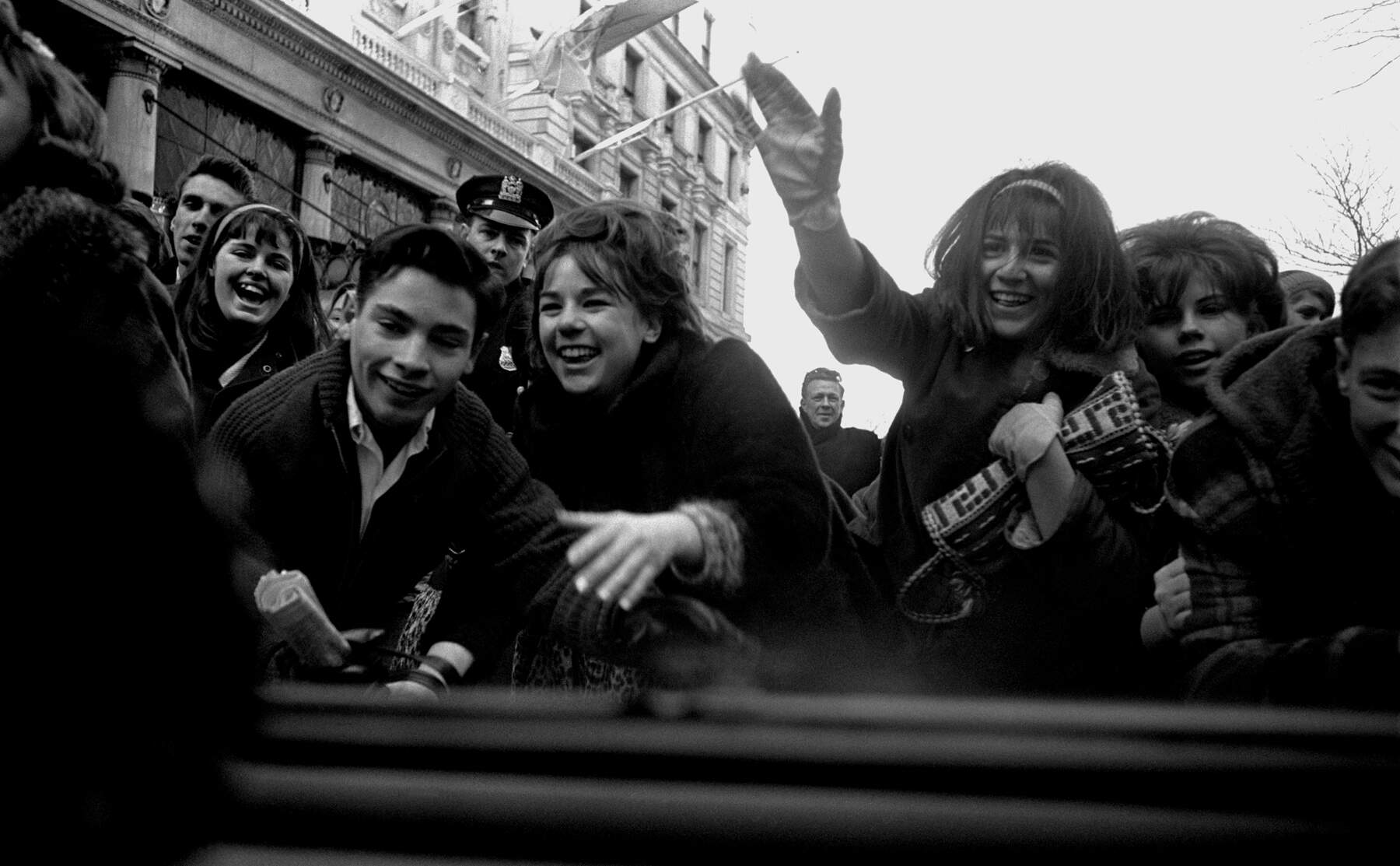The Scars Of Racism: A Family's Pain After A Brutal Unprovoked Killing

Table of Contents
The Brutal Reality of the Unprovoked Killing:
The Events of the Night:
The attack occurred on a Tuesday evening, June 14th, 2024, in the quiet residential neighborhood of Oakhaven. Twenty-seven-year-old Elijah Moore, a beloved son, brother, and community volunteer, was walking home from a local church event when he was brutally attacked without provocation. The assailant, whose identity remains under investigation, reportedly shouted racial slurs before firing a single shot, killing Elijah instantly. The immediate aftermath was chaos: frantic 911 calls, flashing emergency lights, and the agonizing cries of neighbors witnessing the horrific scene. Initial police response, while prompt, faced challenges in securing the crime scene efficiently due to the late hour and limited resources.
- Time and location of the attack: June 14th, 2024, 10:45 PM, Oakhaven neighborhood.
- Description of the assailant: The assailant is described as a male of unknown race, wearing a dark hoodie and jeans. The investigation is ongoing, and the authorities are appealing to the public for any information.
- Immediate aftermath and emergency response: Paramedics arrived within ten minutes, but Elijah was pronounced dead at the scene.
- Initial police response and investigation: The Oakhaven Police Department initiated a homicide investigation; however, concerns have been raised regarding the speed and thoroughness of the initial investigation. Community members have voiced concerns about potential delays and bureaucratic obstacles.
The Family's Grief and Trauma:
The Emotional Toll:
The Moore family is grappling with an unimaginable loss. Elijah, a vibrant and kind soul, was the heart of the family. His sudden and violent death has left a gaping hole, causing profound and lasting trauma for all his loved ones. His parents are struggling with intense grief and sleepless nights, haunted by the image of their son's final moments. His younger sister, still in high school, is receiving counseling to cope with the profound loss. The family is battling PTSD, anxiety, and depression. While grief counselors have been offered, the lack of targeted resources for victims of racially motivated crimes is felt acutely.
- The victim's personality and their role within the family: Elijah was known for his infectious laughter, his dedication to his faith, and his commitment to helping others. He was a pillar of strength for his family.
- Specific examples of the family's grief and trauma: Nightmares, flashbacks of the event, difficulty concentrating, social withdrawal, and intense feelings of anger and helplessness.
- The impact on children, spouses, and parents: The trauma is pervasive, affecting each family member differently. The family's unity has been tested, and the need for long-term therapeutic intervention is paramount.
- Mention any support systems available and the family's use (or lack thereof) of these systems: The family is receiving support from their church community and some individual grief counselors, but more extensive resources are needed.
Systemic Racism and the Fight for Justice:
The Role of Systemic Racism:
Elijah's murder isn't an isolated incident; it's a stark reminder of the ongoing struggle against systemic racism. The brutal nature of the attack and the subsequent investigation have raised concerns about potential bias and a lack of adequate response to hate crimes in the community. Statistics reveal a disproportionately high rate of racially motivated violence against Black individuals in the region. There's a history of racial tension in Oakhaven, characterized by subtle and overt forms of discrimination that has created an environment where such violence can fester.
- Statistics on racially motivated violence in the area: A recent report indicates a significant increase in hate crimes targeting Black individuals in the past year.
- Mention any history of racial tension or discrimination in the community: The history of racial segregation and inequality in Oakhaven has created deep-seated social divisions.
- Discussion of police bias or racial profiling, if applicable: Concerns have been raised regarding potential biases in the initial police investigation, and the family is advocating for a transparent and thorough review of the process.
- Highlight any legal challenges faced by the family in seeking justice: The family faces a lengthy legal battle to secure justice for Elijah, navigating a complex system that often fails victims of racial violence.
Healing and the Road to Recovery:
The Long Road Ahead:
The road to healing for the Moore family is long and arduous. They are finding strength in their faith, their community, and each other. They are actively seeking therapy and support groups to address their trauma, and they are finding solace in the outpouring of love and support from friends, neighbors, and activists. This tragedy has mobilized the community to address the root causes of racial violence and to foster a more inclusive and equitable society.
- Examples of coping mechanisms used by the family: Prayer, meditation, seeking professional help, spending time together as a family, and finding ways to honor Elijah’s memory.
- Mention of therapy, support groups, or community initiatives: The family is actively participating in support groups for victims of violence and receiving individual and family therapy.
- Highlight any acts of community support and solidarity: The community has rallied around the Moore family, organizing fundraisers, vigils, and community dialogues to address racial injustice.
- Focus on resilience and hope for the future: Despite the immense pain, the Moore family and the Oakhaven community demonstrate remarkable resilience, and their commitment to justice fuels their hope for a brighter future.
Conclusion:
Elijah Moore's death serves as a tragic reminder of the devastating consequences of racial violence and the urgent need to address systemic racism. The scars of racism run deep, affecting not only the victim's family but the entire community. This senseless act of hate underscores the importance of ongoing efforts to promote racial justice, equity, and accountability. We must all work together to create a society where such tragedies are not tolerated and where all individuals feel safe and valued. Learn more about combating hate crimes and supporting victims of racial violence. Let us all stand against racial violence and create a more just and equitable future.

Featured Posts
-
 Understanding The Implications Of Figmas Ai Update
May 10, 2025
Understanding The Implications Of Figmas Ai Update
May 10, 2025 -
 Ftcs Appeal Challenges Court Approval Of Microsofts Activision Blizzard Buyout
May 10, 2025
Ftcs Appeal Challenges Court Approval Of Microsofts Activision Blizzard Buyout
May 10, 2025 -
 Bundesliga 2 Matchday 27 Colognes Top Spot Takeover From Hamburg
May 10, 2025
Bundesliga 2 Matchday 27 Colognes Top Spot Takeover From Hamburg
May 10, 2025 -
 Where To Start Your Business Mapping The Countrys Top Locations
May 10, 2025
Where To Start Your Business Mapping The Countrys Top Locations
May 10, 2025 -
 Benson Boone Clarifies Similarities To Harry Styles Music
May 10, 2025
Benson Boone Clarifies Similarities To Harry Styles Music
May 10, 2025
